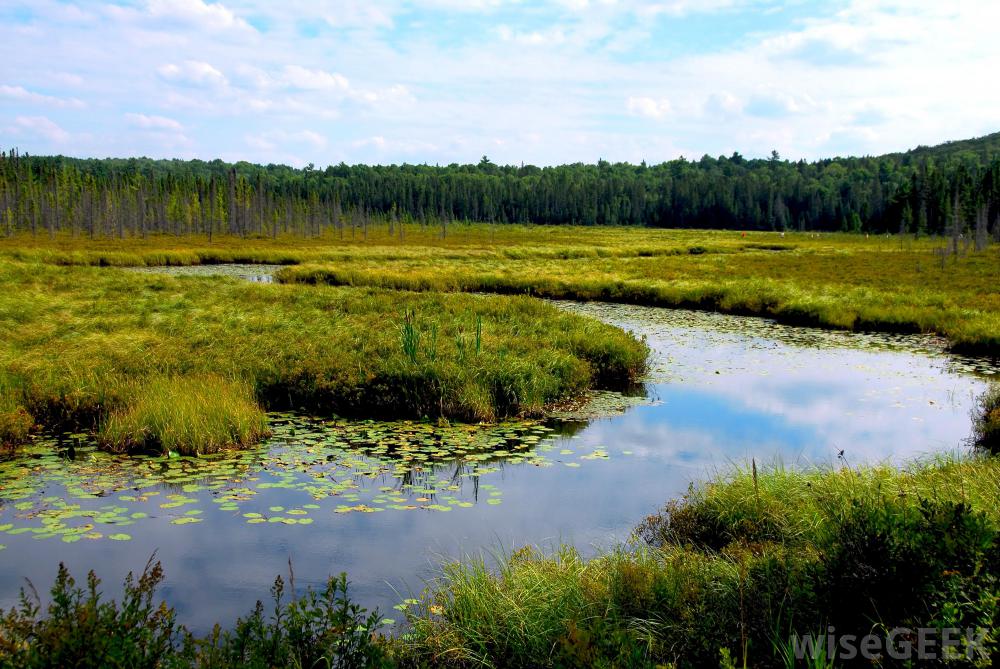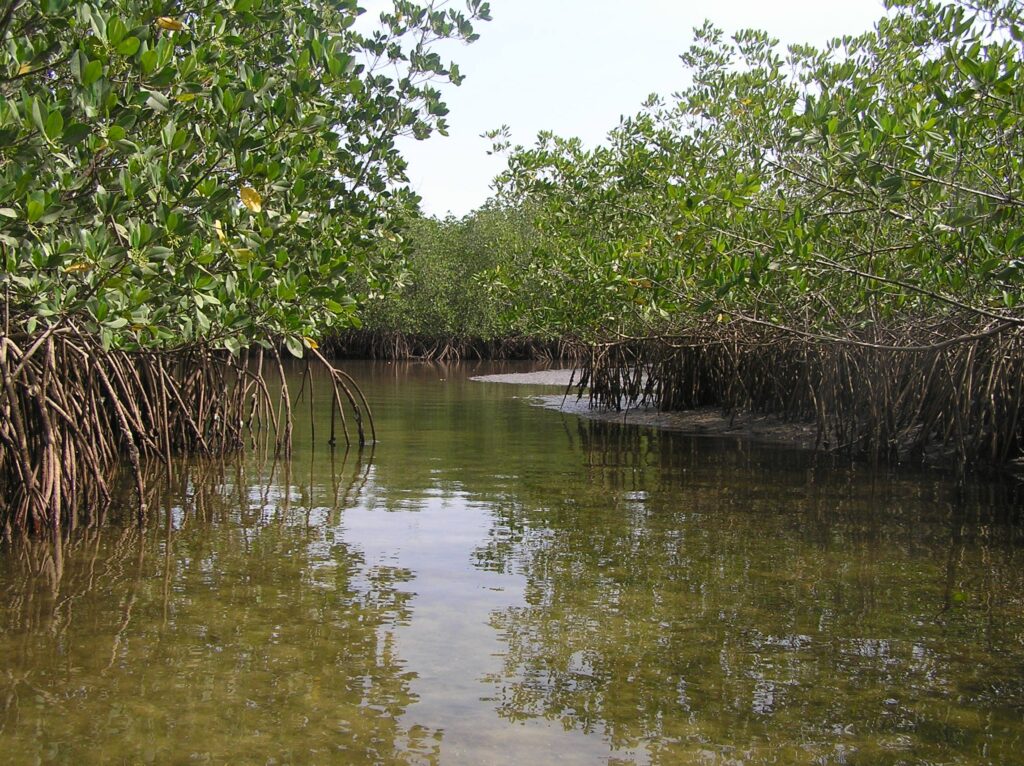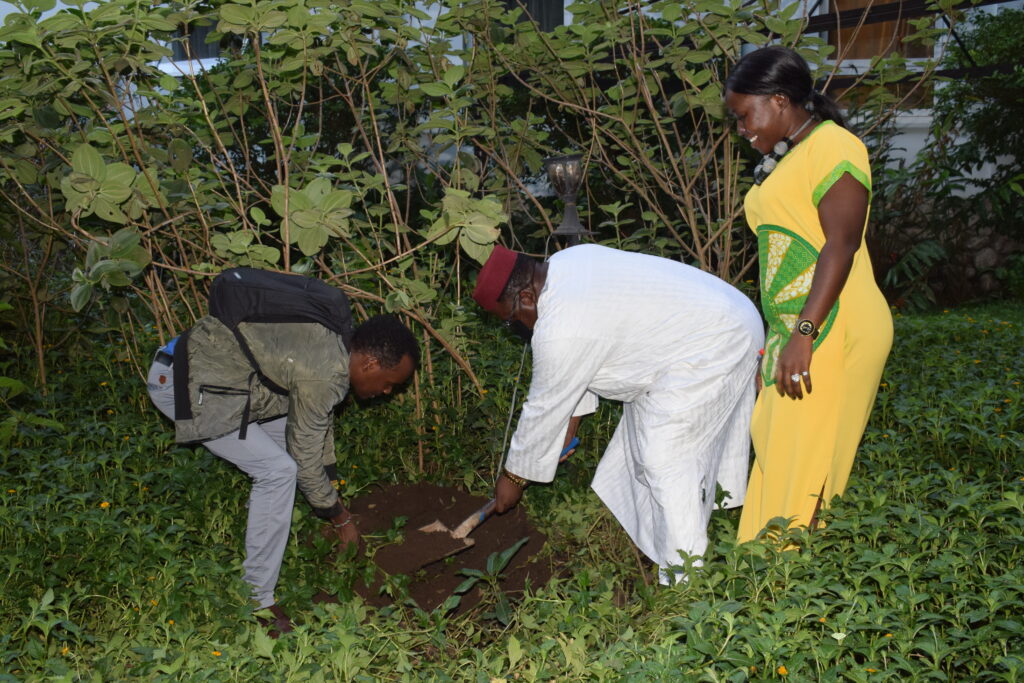
Arusha, Tanzania. Governments need to tighten laws that protect wetlands to stem rising loss of lives and property due to floods.

In a statement issued on the World Wetland Day, Dr. Mithika Mwenda, the Executive Director of the Pan African Climate Justice Alliance (PACJA) said it is the encroachment of the wetlands that has led to the suffering communities experiencing climate crisis in form of flooded homes, flooded roads, flooded farms and loss of crops when we experience even slight rains.
Over the last few days, close to 200 000 people in Southern African countries of Malawi, Mozambique, Zimbabwe and Zambia were either displaced or killed by floods thanks to Tropical Storm Ana.
“Wetlands have economic potential, first, besides mitigating the negative impacts of flooding, scarcity of water and soil erosion, wetlands also have wider environmental and economic benefits such as hubs for eco-tourism,” said Mwenda.
According to the UN Agency on Environment, wetlands are biodiversity hotspots, carbon sinks and source of livelihoods, with potentials to regionally increase food security by sustainably increasing food production which contribute directly and indirectly the manifold socio-economic benefits through provisioning and supporting ecosystem services and ecosystem functions.
Globally, wetlands are recognized as providing invaluable and effective ecosystems for carbon capture and storage. For instance, papyrus dominated wetlands in East Africa have been found to accumulate 480g-Cm-2 per year (Grams or Grams Force per Square Centimetre).
However, said Mithika, wetlands continue to face a myriad of challenges including deforestation and encroachment for agriculture, settlement and industrial development; invasive and alien species; improper land use planning and/ or land use change negatively affecting the regulatory functions of the wetland ecosystems. In addition, rising population and prices of land have put wetlands at danger from real estate speculators.
Overlapping institutional mandates, inadequate resources, inadequate linkage between research, planning and policy development are the broad institutional challenges that require urgent action.
The sad thing, said Mithika is that even where governments have ratified the Ramsar Convention, they are still allowing private people to infringe on wetlands.
The Ramsar Convention is the intergovernmental treaty that provides the framework for the conservation and wise use of wetlands and their resources. The Convention was adopted in the Iranian city of Ramsar in 1971 and came into force in 1975.
However, according to Sarah Ngoy, the Executive Director, ForumCC of Tanzania and the national platform of the PACA said, the impacts of climate change on these ecosystems cannot be overemphasized as core driver of wetland degradation.

“Conserving and restoring wetlands must be an integral part of climate action. Nature-based solutions are the smartest investments to draw down carbon from the atmosphere (sinks) and reach net zero global targets, while providing climate resilience and adaptation alternatives,” she said.
Glasgow climate pact, from COP 26, emphasizes the importance of protecting, conserving and restoring nature and ecosystems to achieve the Paris Agreement temperature goal, including through forests and other terrestrial and marine ecosystems acting as sinks and reservoirs of greenhouse gases and by protecting biodiversity, while ensuring social and environmental safeguards.
Besides, the Paris Agreement acknowledges the important role of a broad range of stakeholders at the local, national and regional level, including indigenous peoples and local communities, in averting, minimizing and addressing loss and damage associated with the adverse effects of climate change.
